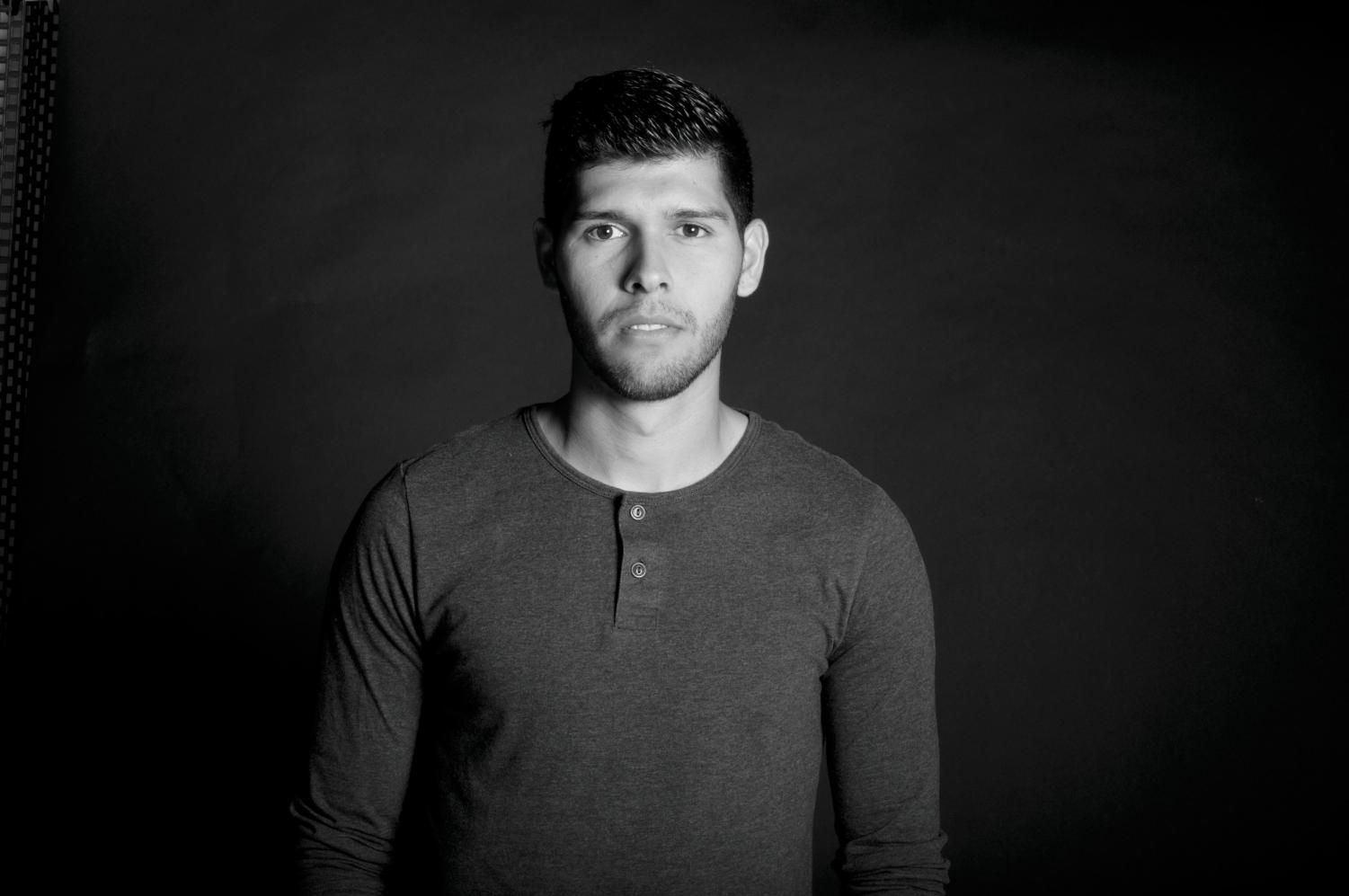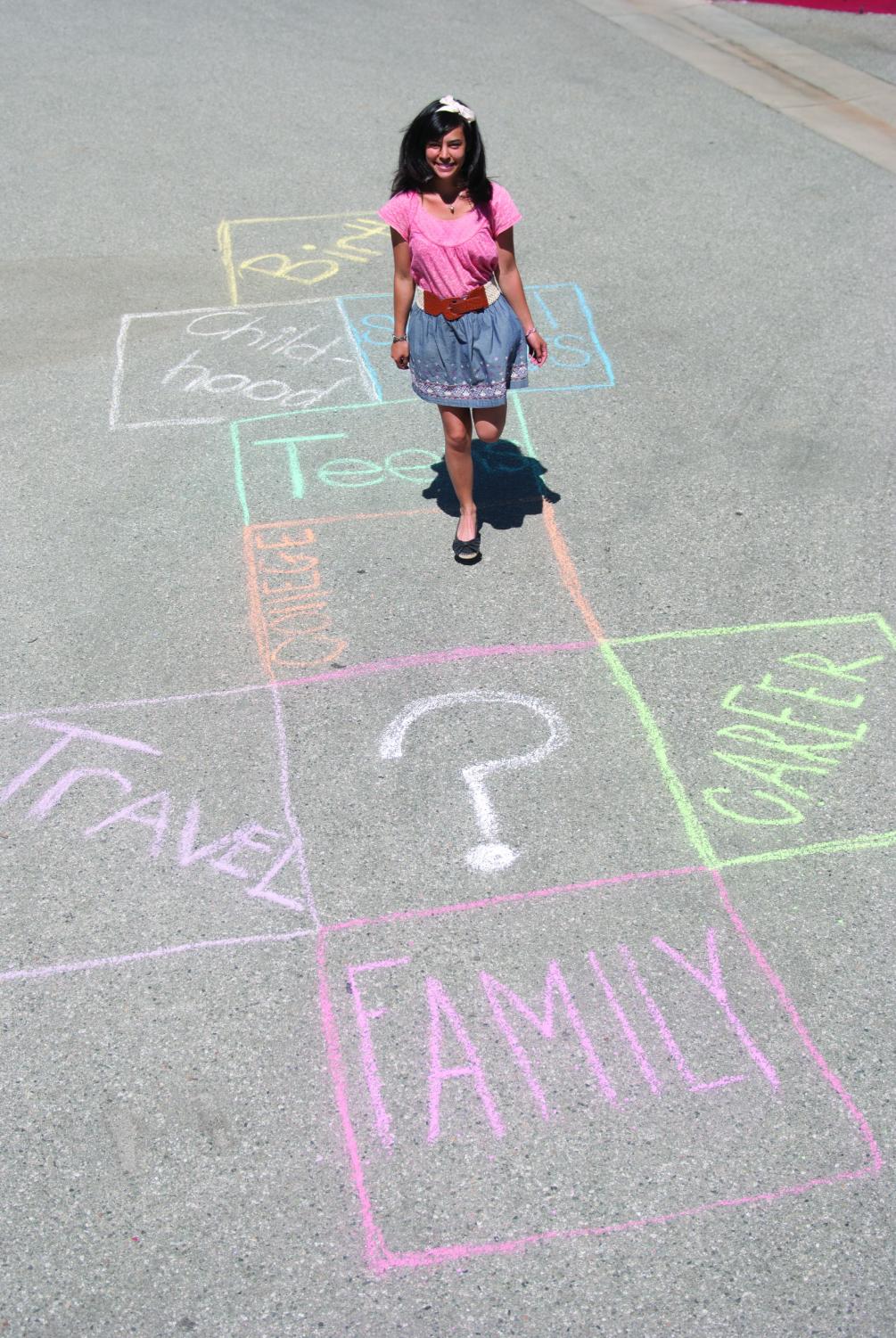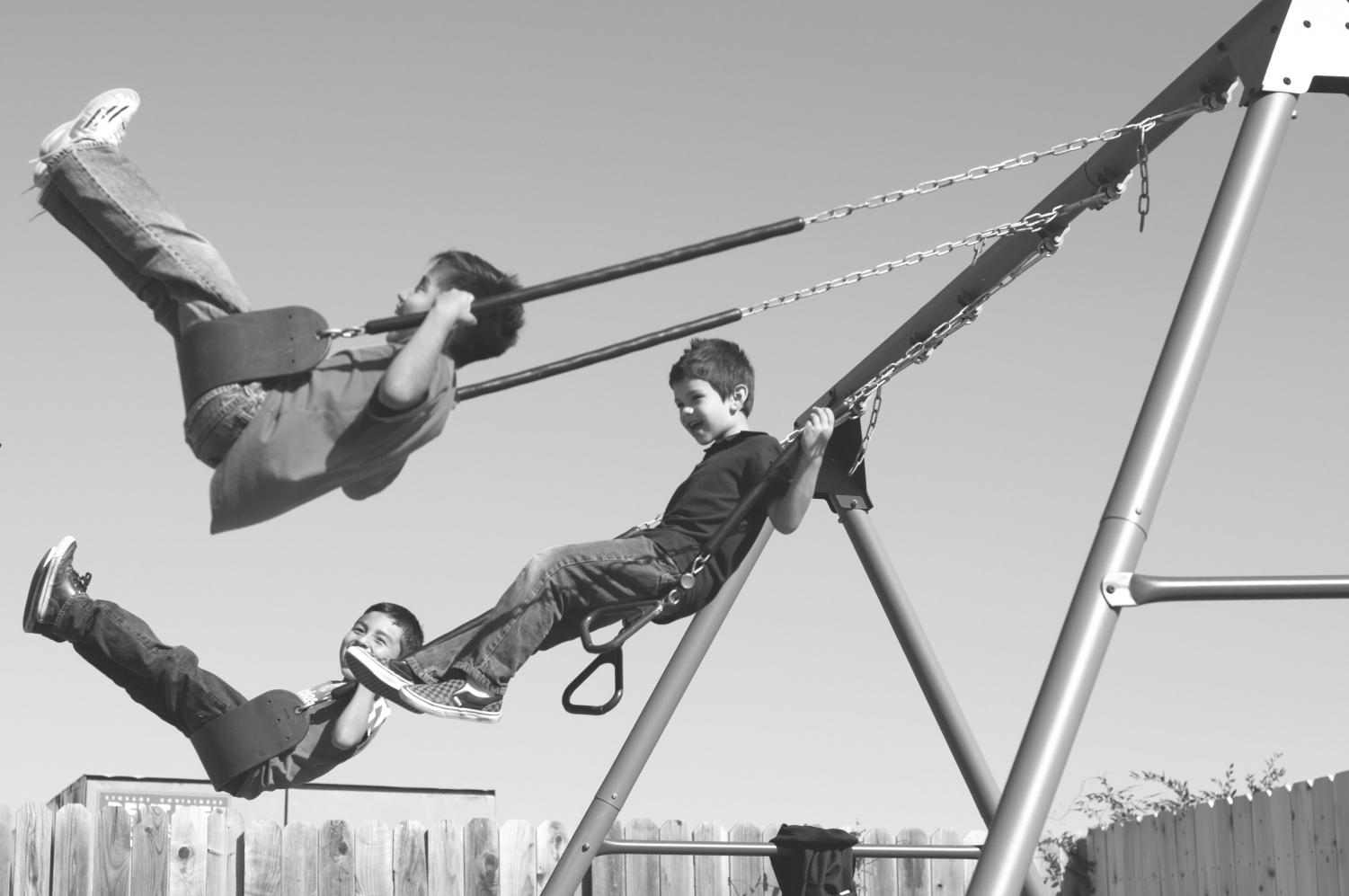Written by Thomas Harlander
Rest easy, dear reader. You are not a racist.
So why will the topic of racism not go away? Perhaps there has been a huge misunderstanding.
After all, many students, especially those in the racial majority, do not see a problem. Racism is their grandparents’ vice, and they readily affirm that we are all one in Christ. For minority students, though, the disconnect is often real. Racial ostracism may be dwindling, but they still feel unwelcome. Racism must be a real force, or it would not keep coming up in chapels, conferences and Biola student magazines. It remains a contentious topic due to a lack of clarity about the nature of the problem itself.
What is the problem?
The problem, in part, is microaggressions. According to Jamie Campbell, Biola professor of law and humanities who grew up in Japan as an African-American, microaggressions occur when we unintentionally highlight others’ differences as abnormal.
This behavior is rooted in the belief that our own heritage is the norm, and it communicates that another person is inferior or unwelcome. Those who carry out microaggression probably do not believe that their own race is superior to others. Rather, they judge the differences of others through the lens of their own background, explains Amir Girgis, an Egyptian-American and senior art major.
“I don’t know if I see with my own visual eye any really harsh statements of racism,” Girgis says. “But I do see that we do microaggressions all the time.”
Microaggressions may look like a professor singling out a student for being Hispanic, students giving their Korean-American classmate the most difficult portion of a group project, or dorm residents treating their Indonesian roommate like an outsider. The assumptions we hold that underlie our treatment of others might even be rooted in our experience with other races – but they still dispose us to view people in a way that is not based on truth.
Prejudice is a result of the Fall, Campbell says, and it enables us to feel more valuable by perceiving others as less valuable. If microaggression shapes the way we interact with others, we leave minority members in any group feeling like they do not belong.
But might there be something else that causes division and tension between students of different races? Even if we are very careful not to single out students based on race, a disconnect can still be apparent. Students of similar ethnic backgrounds tend to group together. This disconnect between racial groups is not rooted in aggression, micro or otherwise. It does not even result from our direct action.
Instead, the disconnect stems from inaction. In the General Confession from “The Book of Common Prayer,” we repent of “leaving undone those things which we ought to have done.” In our context, the problem of perceived racism lies less in what we have done, and more in what we have left undone. We may not be actively racist, but we are not actively inclusive either.
We are drawn to the familiar
Are we guilty, then, of withholding our attention from those who look different, sound different or generally seem different? Senior music major Sarah Hau, a Chinese-American, explains our tendency to avoid people we see as outliers and gravitate to people similar to ourselves.
“People go where they are most comfortable,” Hau says, “and that’s most natural. Koreans will hang out with Koreans because there’s not as much work to communicate. There’s certain things that are just understood—a foundational assumption that you don’t need to work through.”
Campbell adds that by walling ourselves off from people of other ethnicities, we maintain a sense of security.
“I think it’s easier to isolate and insulate,” she says. “We like to categorize our world simply because the world is hard enough to be in as it is. As soon as you start asking questions and opening yourself to other points of view as legitimate, you’ve made your world more difficult to live in.”
Given a national history that includes the enslavement of blacks as plantation workers, violence against Mexican-Americans in the Zoot Suit Riots and the forced displacement of Native Americans, racial differences can now be tinged with discomfort. Disengagement is the easy option. We rarely go out of our way to bridge the gaps between ourselves and outliers. This disconnect not only limits our knowledge of other people, but also limits our knowledge of God.
“I think that people in different communities can reflect different aspects of God,” Hau says. Looking at individuals, one person might reflect God’s love and generosity while another might demonstrate God’s love for beauty and culture. And the same goes for friend groups, families, churches, ethnic groups and societies. They all have unique strengths.
“If we just close ourselves off from other communities of people…we’re losing out on a greater reflection of who God is,” Hau says. God himself exists in diversity, as three persons. If we are made in his image and are called to be like him, that call includes diversity.
Perspective taking
As with most interpersonal tension, a helpful step toward resolution is perspective taking. Majority members will begin to develop an awareness of what it is like to be a minority and vice versa.
For minorities, issues of racial tension are a part of daily life, Campbell says. Walking into a classroom of mostly white students, a black student cannot not be aware of race. The privilege in being a part of the majority lies in freedom from racial self-consciousness. For white students, questions about the implications of race may only arise when racist crimes make the news or they wander into the wrong Missions Conference seminar. But a sensitivity to other perspectives is essential to creating a flourishing community.
“Growing up African American but in an Asian cultural frame, I think, has made me sensitive to the ways in which multiple perspectives come into play,” Campbell says. Because her background is complex, it is easier for her to see the world from the perspectives of others.
Girgis has a similar standpoint.
“Because I come from a different culture and I’ve grown up in a different culture than what my parents have grown up in,” Girgis says, “I think it has given me a wider empathy and understanding of people of all kinds of races and gender and culture backgrounds.”
Since most of us, however, only grow up with one ethnic perspective, shifting the way we view the world can be difficult. Campbell suggests we start by asking questions about the things we take for granted. From a majority perspective: If I were physically different from most people around me, how would life be different? What things might stand out to me that currently seem normal? Or, from a minority perspective: If I looked the same as everyone around me, what insensitivities might I be oblivious to?
Campbell also encourages traveling and studying abroad.
“The more you expose yourself to global perspectives,” she says, “the easier it is to come home and have harder perspectives because you realize your paradigm isn’t the only legitimate paradigm.”
Bridging the gap
Once we are aware that others’ experiences of Biola may be different than ours, we are better equipped to make connections – a daunting and sometimes difficult practice. For instance, when we come into class on the first day of the semester, our natural tendency is to sit near someone who looks like us. We are drawn to people we assume we might be friends with, Hau explains. She suggests that instead we look out for people who do not fit into our perception of normalcy. Jesus himself took this attitude to the extreme.
“He hung out with prostitutes and beggars and lepers,” Hau says. “He went out purposefully in that aspect. So why don’t we reflect that same attitude and go [hang] out with people that we don’t want to or don’t necessarily gravitate towards?” We should consciously pursue connections with members of other ethnic groups.
Of course, this is starting to sound like a trap.
If microaggression means singling someone out for their racial difference, are we not doing just that when we deliberately connect with people of other ethnicities? After all, when you go out of your way to talk to someone for the sake of their ethnicity, you are no longer treating them impartially. On the flip side, living passively tends to leave the racial gap intact. What is the solution?
The solution is an attitude of sincerity and humility. It is okay to acknowledge others’ differences, Campbell says, providing we do so from a posture of genuine interest, care and respect. We do not have to pretend that we are all the same. We can ask others about how their lives differ from our own.
“Have a little intentionality about how you approach the otherness,” Campbell says. “And sometimes you’re going to get it wrong. So what? That’s life.” Asking someone about their ethnic heritage may seem risky, but if our attitude in doing so is appropriate, that question can be the starting point for a meaningful relationship.
“From my experience, most people are willing to explain where they’re coming from,” Hau says. “I appreciate my friends because they’ll ask me about my background.”
Living in tension
You may not be a racist. But racism is a part of the American heritage, and it taints interracial interaction whether we like it or not. Dealing with racial difference is awkward and tricky. Innocent remarks or actions may be misread as racist. Likewise, we may unintentionally act in ways that are hurtful or offensive.
This is an area that calls for grace, Campbell says, as well as transparency and a willingness to be uncomfortable for a long period of time. Honestly express your perspective. Be vulnerable when it comes to how much you do not know. Sit with the inevitable tension. Remember that unity in Christ is the common aim and addressing racial tension is important to Christ.
“Its presence in the New Testament reminds me that it’s deeply at the heart of what Christ is accomplishing in his body,” Campbell says. “And I think the New Testament church was deeply uncomfortable with it. How many times did the Jews and the Gentiles have fights about everything? All the time. But it’s there, and it’s something the apostles were asking the early church to be present in.”
The kind of love we need for this project, she adds, is not rooted in human ability- it is a divine gift. By it, we are empowered to bridge the gap, whether that is easy or not.
“Give me some dirt between my fingers,” Campbell says. “Make me plant a flower. It’s uncomfortable, but that’s living.”
Our call is to get out and engage.
Because merely not being a racist is not enough.




